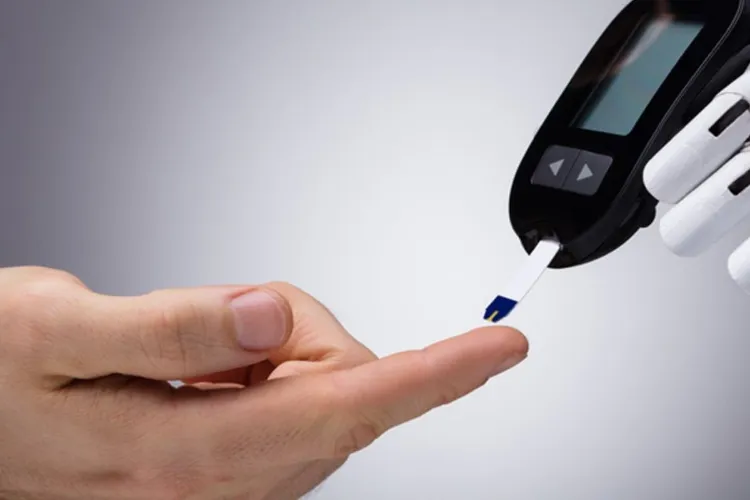
New Delhi
When blood sugar levels rise above normal, especially beyond 250 mg/dL, the body begins to show warning signs that should not be ignored. Health experts note that high blood sugar, or hyperglycemia, often develops gradually and can go unnoticed without awareness of its symptoms.
The following are 10 common signs that may indicate elevated blood sugar levels:
Frequent Urination – Excess glucose prompts the kidneys to expel more urine, leading to frequent trips to the bathroom, particularly at night.
Excessive Thirst – As the body loses fluid through increased urination, persistent thirst may occur even after drinking plenty of water.
Increased Hunger – The inability of the body to use glucose effectively may cause constant hunger, even after meals.
Fatigue – Inadequate glucose uptake by cells results in low energy levels and persistent tiredness.
Blurred Vision – Fluid shifts caused by high blood sugar can temporarily impair vision.
Slow-Healing Wounds – Poor circulation and a weakened immune system can slow down the healing process, increasing vulnerability to infections.
Unexplained Weight Loss – The body may start breaking down muscle and fat for energy if it cannot utilize glucose properly.
Recurrent Infections – High glucose levels weaken the immune system, making one more prone to infections, such as urinary tract or skin infections.
Tingling or Numbness in Hands/Feet – Persistent high blood sugar can damage nerves, especially in the extremities, a condition known as diabetic neuropathy.
Irritability or Mood Swings – Fluctuating glucose levels can affect brain function, leading to changes in mood and behavior.
Health professionals recommend immediate blood sugar testing and medical consultation if multiple symptoms are present. Timely diagnosis and management are crucial to avoid severe complications. If symptoms appear in individuals already diagnosed with diabetes, experts advise checking blood sugar levels promptly and seeking medical attention without delay.
READ MORE: Mohammad Hafeez Furqanabadi: Harbinger of education, harmony, social change
Neglecting signs of high blood sugar can lead to serious health emergencies, including diabetic ketoacidosis (DKA), which requires urgent treatment.
